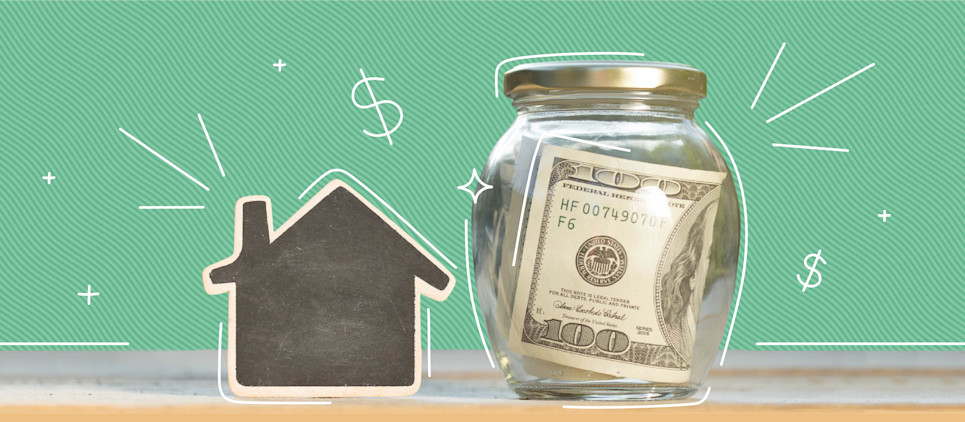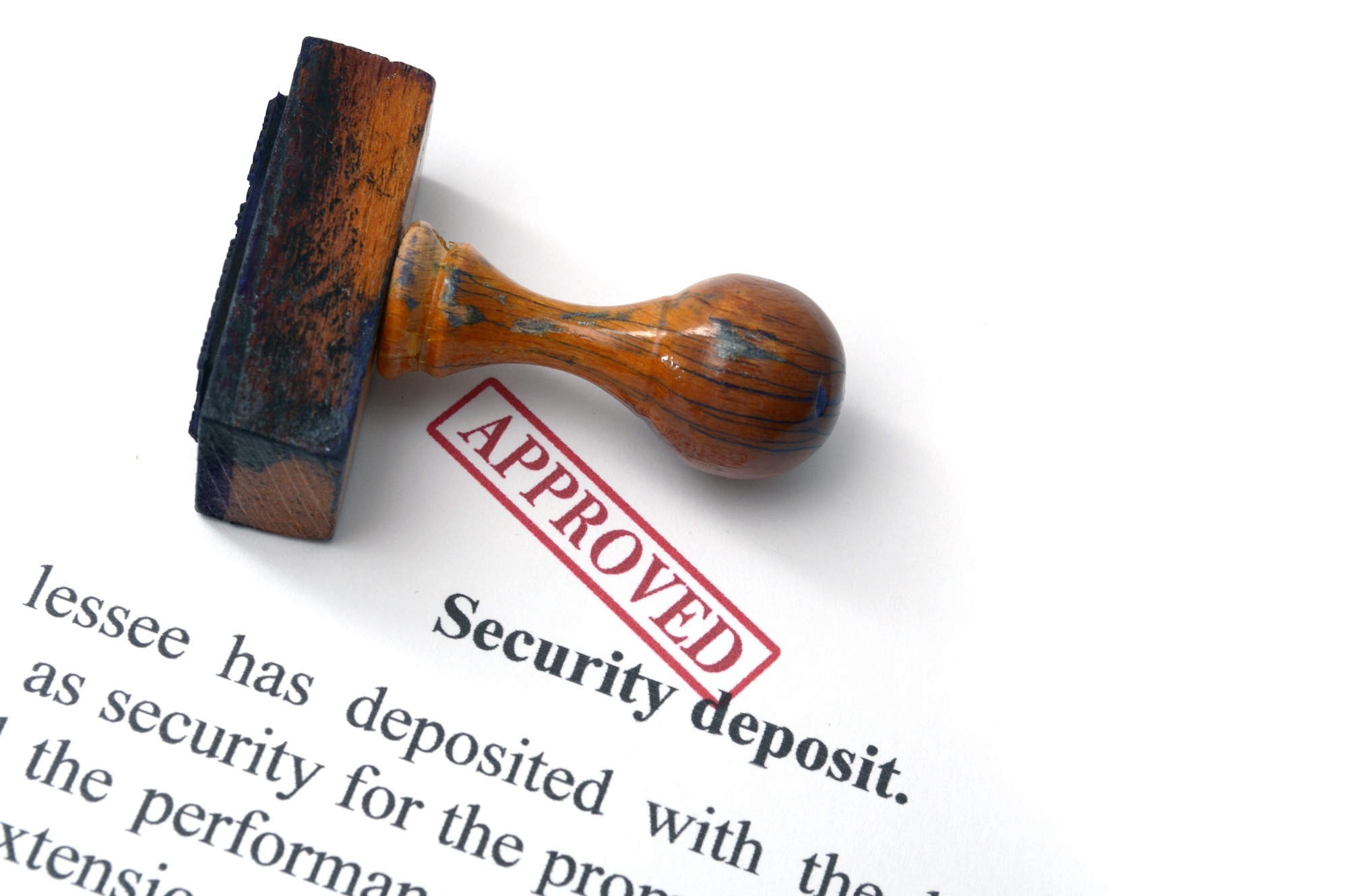How to get your security deposit refund from your landlord
A key step in moving out of a rental unit is getting your security deposit back from your landlord. To make sure the process goes smoothly between you and your landlord, plan ahead and look into the local real estate tenant law. That way you will know all the specifics of what the refund process will entail in your area.

Table of contents
What is a security deposit?6 steps to get your security deposit refundCommon reasons to lose your security depositWhat is a security deposit?
A security deposit is a sum of money you pay to a landlord before you move into a rental property. It is a separate payment from the monthly rent and supplies the landlord with financial assurance for events like failure to make rent payments, or damages to the property (beyond normal wear and tear) during your tenancy.
Security deposits are usually refundable, and you receive the funds back once you have moved out—assuming you leave in good standing and the landlord follows state laws.
6 steps to get your security deposit refund
Here are five steps to getting the security deposit refund that you’re entitled to.
1. Take notes
When you walk through the unit before moving in, document how the property looks. Take photos of anything with pre-existing damage or visible wear and tear. During your tenancy, keep track of any repairs or upgrades you do (or have the landlord do) in the unit.
2. Communicate with your landlord
Communication skills are an important part of successful adulting and an essential tool to maintaining a good relationship with your landlord. Communicate clearly and concisely with your landlord on exactly what the cleaning guidelines are for a move-out and give them plenty of notice about your departure. Also, provide a forwarding address in case your landlord needs to reach you and so that they know where to send your refund.
3. Deep clean
When you move out, work through this deep cleaning checklist to make sure the place looks its best for your move-out inspection. If deep cleaning feels overwhelming, consider hiring a professional cleaning service to do the final clean.
4. Attend the move-out inspection
Arrange to attend the move-out inspection with your landlord once you have vacated the property to avoid an differences of interpretation about the state of the unit. Bring any notes and documentation from your move-in to corroborate what damage was pre-existing versus what you may have caused during your time in the unit.
5. Know your rights
If you’ve held up your end of the lease agreement, your landlord should return your security deposit or share a list of deductions within a reasonable amount of time after your lease concludes. Most cities provide resources to help you understand the local laws that govern security deposits, including refund timelines. For example, in California the law requires deposits to be refunded within 21 days, while in New Jersey, it’s 30 days.
6. Follow up after move-out
To ensure that you get the money you’re owed, keep communications open with your landlord and follow up if you experience any delays or unfair treatment. If your landlord does not return your security deposit, or doesn’t return it in full, you can consider:
Sending a demand letter: If the landlord does not send either the deposit or the list after the appropriate time period, then the tenant can draft a demand letter under landlord-tenant law.
Going to small claims court: If it comes to it, you can also file a lawsuit against the landlord in small claims court. Many local housing offices will even help tenants cover court costs and attorney fees.

Common reasons to lose your security deposit
In some cases, landlords have a right to keep part of the deposit. If you want to avoid that, steer clear of the following:
Early lease termination: Most leases are defined by annual commitments. If your agreement includes a penalty for breaking your lease, the landlord can take that penalty out of your security deposit return. Once you’ve fulfilled your original lease term, you can ask your landlord to go month-to-month to avoid lease break penalties later.
Unpaid rent: Typically, the landlord can deduct any outstanding rent from your security deposit.
Unpaid utilities and amenities: Unpaid utilities, amenities such as parking spaces, or even outstanding HOA fees (if included in your rental agreement) are all deductible from your security deposit.
Property damage or additional cost of cleaning: If there are claims of property damage, the landlord must send you an itemized list of the damages to let you know how the security deposit was spent.
Since all of these actions can result in landlords incurring unforeseen costs that were your responsibility, they are entitled to a partial amount of the security deposit—or maybe even all of it.
But in most cases, landlords will return your security deposit if you do your best to be a good tenant.
Bungalow is the best way to live with roommates. Our homes are designed for shared living, located in the best neighborhoods, and take care of the details—like furnishing common spaces, scheduling monthly cleanings, and handling payments. Whether you already have roommates or are looking for new ones, there’s a Bungalow with your name on it. Find your Bungalow.
Ready to find your next home?
Move-in ready homes and a built-in community so you can feel at home, together — wherever you are.
Suggested articles



